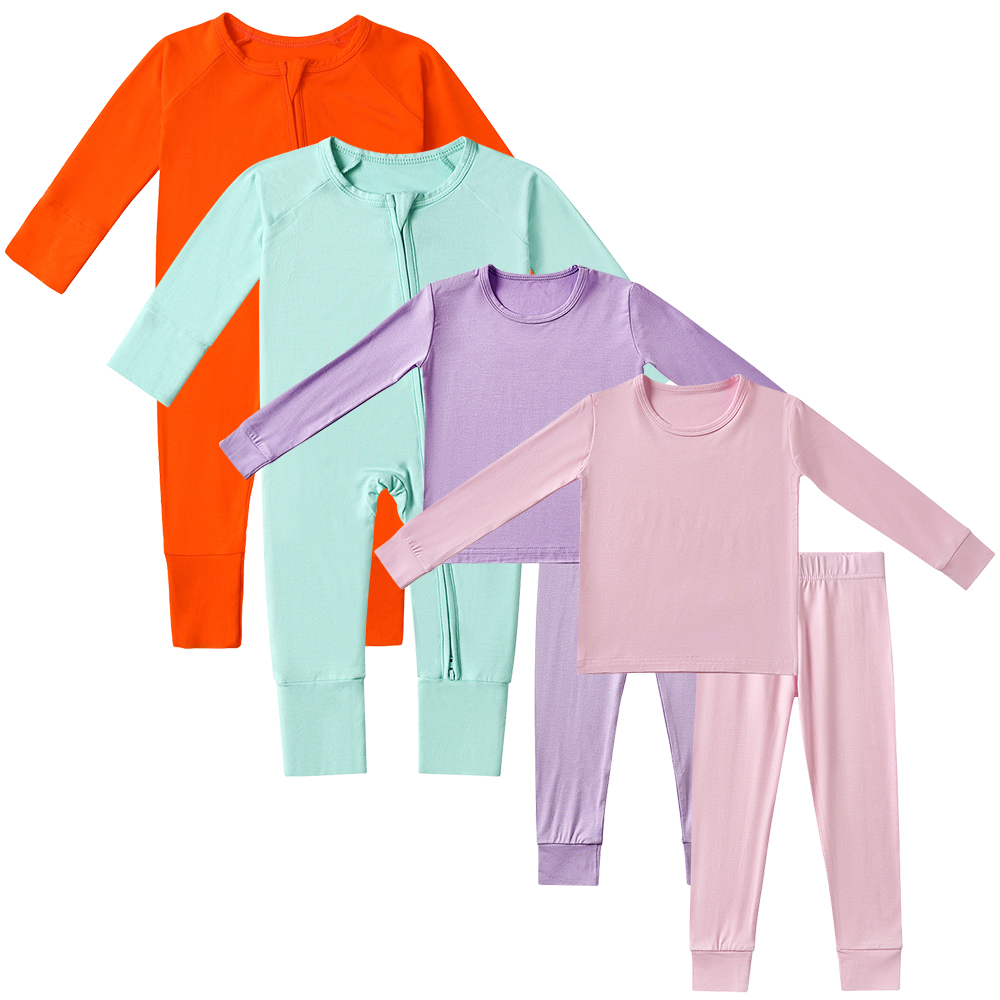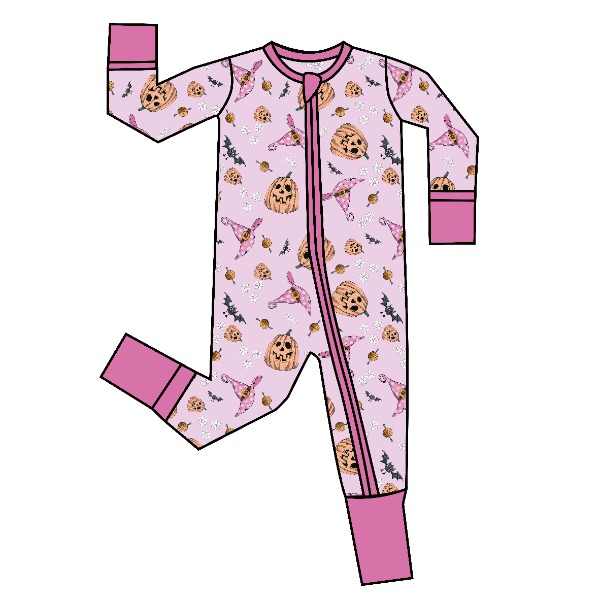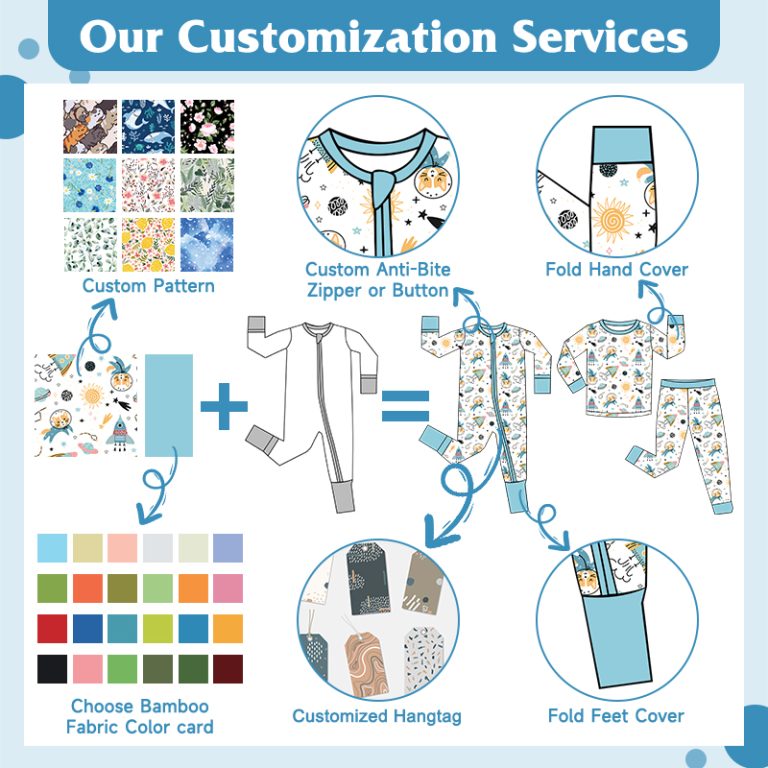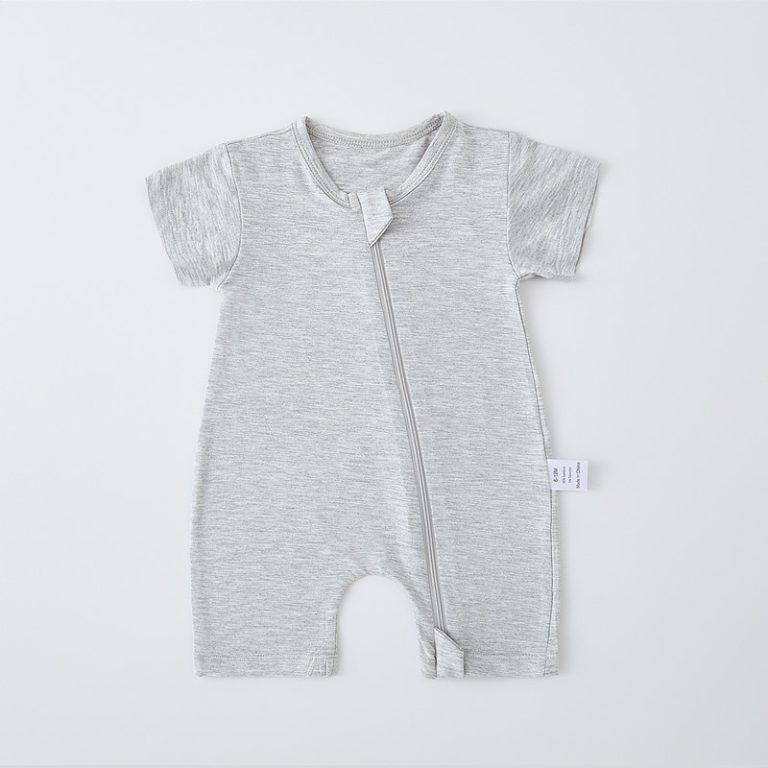Productive Factories ISO 17025 Certified Body bamboo kids pajamas set custom wholesale print bamboo kids bamboo clothing
“`markdown
# Productive Factories ISO 17025 Certified Body Bamboo Kids Pajamas Set Custom Wholesale Print Bamboo Kids Bamboo Clothing
The demand for children’s clothing that is both comfortable and sustainable has seen a significant rise in the market. Among the various fabrics available, bamboo has emerged as a preferred choice for many manufacturers and consumers alike. This article explores the intricacies of producing bamboo kids pajamas set in factories that meet ISO 17025 standards, diving into the properties of bamboo fiber, the significance of certifications, and the role of factories in this thriving industry.
Bamboo Fiber: The Sustainable Choice

No pilling
Bamboo fiber has gained a reputation for its softness and eco-friendly qualities. Derived from the pulp of bamboo grass, this fiber is naturally breathable, hypoallergenic, and moisture-wicking. This makes it an excellent material for children’s clothing, as it ensures comfort and reduces irritation on sensitive skin. Additionally, bamboo plants grow rapidly and require less water compared to traditional cotton crops, contributing to sustainability efforts.
The process of transforming bamboo into fabric involves breaking down the plant’s cellulose structure through a chemical process, yielding a silky-soft fiber. This fiber is then spun into threads and woven into fabric. The end material retains the naturally smooth and antibacterial properties of bamboo, which are essential for maintaining hygiene in children’s clothing. Furthermore, bamboo fiber is known for its thermal-regulating properties, making it suitable for seasonal use, keeping children cool in summer and warm in winter.
Importance of ISO 17025 Certifications
In the realm of manufacturing, certifications play a pivotal role in ensuring quality and consistency. ISO 17025 is a globally recognized standard that specifies the general requirements for the competence of testing and calibration laboratories. While it is more commonly associated with laboratories, its principles are applicable to the rigorous testing involved in fabric production as well.
The ISO 17025 certification ensures that the tests conducted on bamboo fibers and the resulting fabrics comply with international standards. This includes testing for harmful chemicals, durability, and the overall safety of the pajamas sets. Factories that adhere to these standards demonstrate a commitment to quality control, providing assurance to buyers and reinforcing the trust consumers place in their products.

No pilling
By sourcing from ISO 17025 certified factories, manufacturers can guarantee that their bamboo kids pajamas are not only comfortable and stylish but also safe for children. This certification eliminates the risk of exposure to toxic substances that can arise from lower quality production processes, thus elevating the reputation of the products.
The Role of Factories in Production
Factories that specialize in the production of bamboo clothing are pivotal in bringing these sustainable products to market. These facilities are equipped with state-of-the-art machinery that ensures both precision and efficiency in fabricating bamboo pajamas. The importance of these factories extends beyond mere production; they are integral in innovating and improving the methods used to produce high-quality bamboo clothing.
Typically located in regions with abundant access to raw bamboo, these factories benefit from reduced transportation costs and a consistent supply chain. Their operations are streamlined to focus on eco-friendly practices, from using water-saving technologies to deploying solar energy for power needs. This commitment to sustainability resonates with the eco-conscious consumers of today.
Moreover, these factories often work in collaboration with designers to offer custom wholesale print bamboo kids pajamas. This allows for a myriad of design possibilities, catering to varying tastes and preferences in children’s clothing. Seasonal collections, made feasible by the thermal-regulating nature of bamboo fabric, ensure that there is always a demand for these versatile products throughout the year.
In conclusion, the production of bamboo kids pajamas set in ISO 17025 certified factories represents a melding of sustainability, quality assurance, and innovative manufacturing. The use of bamboo fiber not only addresses environmental concerns but also meets the comfort needs of children. The reliability assured by certifications protects consumers, while the capabilities of modern factories make it possible to offer diverse and high-quality products. As the market for eco-friendly children’s clothing continues to grow, bamboo pajamas stand out as a practical and desirable choice for conscientious consumers.
“`






